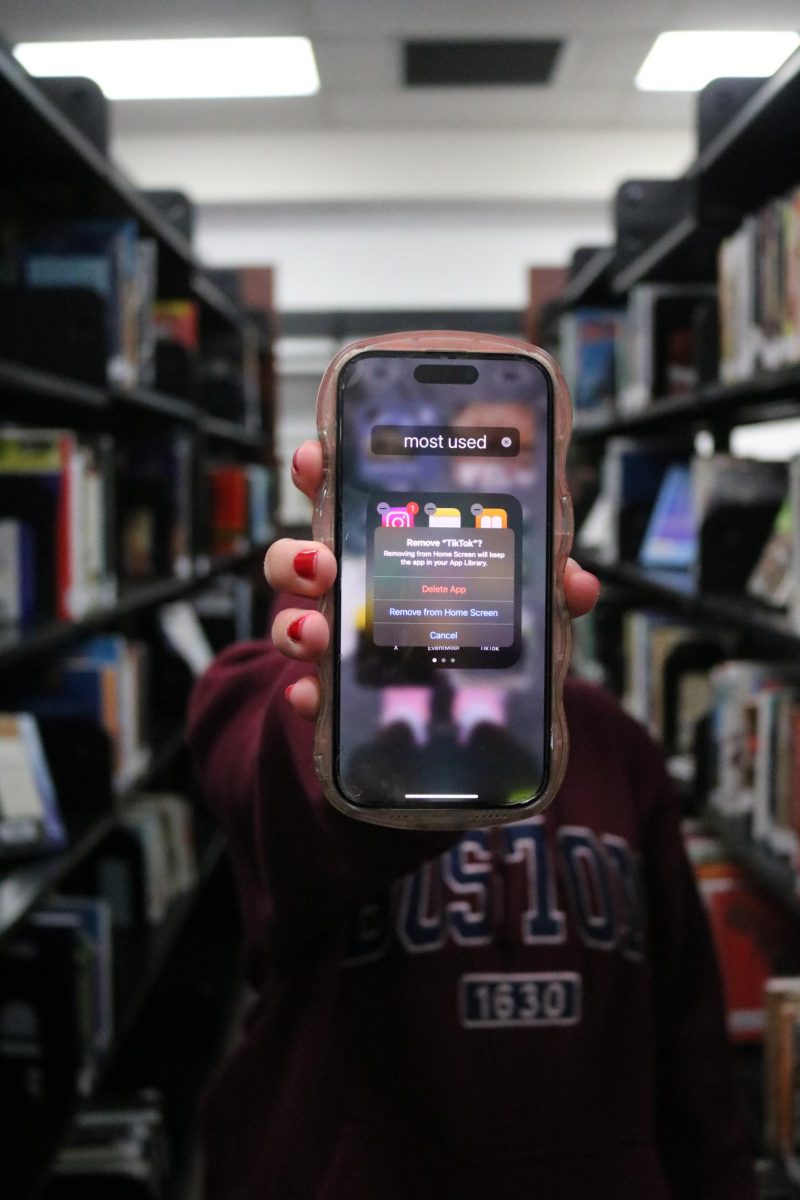Over the course of this winter, and now continuing into early spring, LHS has experienced many illnesses going around—from influenza to pertussis to the common cold and now, potentially, mumps.
These illnesses spread like wildfire, especially through a close contact setting of students, who are often low on sleep and afraid to miss school.
“We have seen a lot of Influenza A, which is fever, respiratory, cough [that] knock[s] people out for 5 days,” commented LHS nurse Alisa Wasserman. This is the same influenza that is offered as a flu shot in the fall; however, the flu shot is often not entirely effective, causing illnesses like this to spread.
“We really haven’t had as much pertussis this year as we have seen in the past. We had 14 or 15 cases, which were diagnosed,” commented Ms. Wasserman, who expressed that this pertussis (whooping cough) rate was lower in comparison to previous years.
Despite this year’s trend of less pertussis, Ms. Wasserman noted that “10 years ago, we didn’t see much whooping cough,” expressing that the vaccinations are wearing off earlier, causing the need for a second dose, which is now standard.
Due to this, even students who have the TDAP immunization for pertussis are still vulnerable the illness. Luckily for vaccinated students, the vaccine decreases the chance that the student will contract the illness, and if it is contracted, often symptoms are less severe.
Kelly Douglas, an LHS senior who has had both whooping cough, and more recently the flu, feels that sleep is important to the immune system, saying “I think that sleep is really important. On the weekends you feel really rejuvenated, but then Monday hits and you feel sick again,” in reference to sleep’s effect on the flus that have been circulating.
Douglas also feels that a lack of sleep made her more susceptible to the most recent flu, and had she been able to get more sleep, maybe would have avoided the illness. “[My recent] sickness is just because I think I don’t sleep, and I’m stressed and it is hard on a teenager’s body.”
Additionally, Douglas commented that “Definitely whooping cough [was worse than the flu] because it lasted for so long,” on her experience with the two diseases.
In addition to pertussis, a recent suspected case of mumps has been addressed at Libertyville. A suspect case is a diagnosis that has been performed on the basis of all physical symptoms without diagnostic testing. The case that has been reported at Libertyville showed symptoms of mumps, however was not confirmed by lab testing. This causes LHS not to be affected yet, in contrast to Barrington High School, where students who were not vaccinated were not permitted to attend school, due to their increased risk of spreading the disease.
If another case is reported at Libertyville, and is supported by diagnostic testing, all students that are medically or religiously exempt from the mumps vaccine will not be able to attend school for 26 days after the most recent case has been reported, according to Ms. Wasserman. This precaution is required because students who are not immunized are more susceptible to getting the disease and disrupting the herd immunity in the school.
Herd immunity, also known as Community Immunity, is, according to the CDC, “a situation in which a sufficient proportion of a population is immune to an infectious disease (through vaccination and/or prior illness) to make its spread from person to person unlikely.”
“At that time [when an outbreak occurs], they (the religiously exempt students) have either the choice of either getting the vaccination or not. Once they have the vaccination, they can come right back to school,” commented Ms. Wasserman. These students have the opportunity of receiving the vaccine and returning to school sooner, which differs from the medically exempt students who are allergic to the vaccine.
Ms. Wasserman said that mumps causes a low-grade fever and a sore throat that differs from that of strep throat; it is more noticeable. She also stated that the mumps’s most distinguishing feature is the jaw and ear pain that may arise. This is due to the swollen salivary glands that come with the disease, which, in the later stages, can be noticed as a more swollen neck.
Even students who are vaccinated should be aware of the dangers of mumps since they are still susceptible to the disease. Ms. Wasserman stated that “[the mumps vaccine] is about 88 percent, effective, so you can still get it, but the cases that we are seeing are much less severe than if you were not vaccinated.”
Mumps can be a serious condition. According to the Mayo Clinic, a number of rare but dangerous complications can occur, such as hearing damage and pancreatitis.
In some outbreaks, the idea of cleaning the entire school has been considered. Since LHS is not considered to have had an “outbreak,” and this consideration has its flaws, cleaning the entirety of the school has not been put in use.
“It is a false sense of security to say that, ‘We are cleaning the school,’ because once you or I or anybody comes back into the school, and we just touch a surface, that is contaminated,” commented LHS nurse Cameron Traut, adding that “It’s good to clean, you should never not clean, that’s positive, but that is not the be all, end all, best protection against the spread of this disease. The best protection is to stay home if you are sick or have a fever, be vaccinated, and then, cover your mouth if you are coughing because it is the droplets that spread the disease.”
Over the course of this winter, many students have been affected by these illnesses, and in order to prevent the further spread, students are encouraged to maintain a high immune system by obtaining enough sleep and vitamins, as well as practicing healthy habits, such as coughing into the elbow and thoroughly washing their hands.




![Mr. Abullh Ali, manager/assistant, helps open Queen Yemeni Coffee in downtown Libertyville at 606 North Milwaukee Ave. With the help of employees such as manager and LHS senior Yousef Taha, they are able to bring the Yemeni and Ethiopian culture to Libertyville by using their Queen spices, cinnamon and cardamom in their drinks such as Adani Chai, which is inspired by Sheda, the Queen of Yemen and Ethiopia. “The history of our coffee [is] a long history and we believe that Yemen and Ethiopia started the coffee and we are bringing something unique to the community,” Mr. Ali said.](https://www.lhsdoi.com/wp-content/uploads/2025/04/Photo-1-1200x800.jpg)







